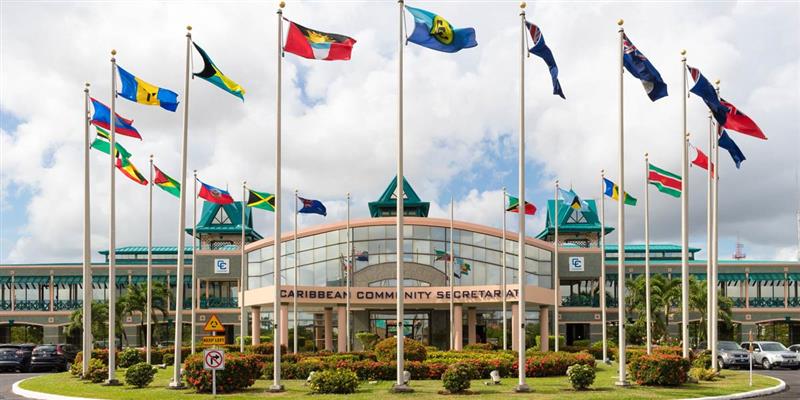The IMF managing director visited Rwanda for three days from 26 January 2015 and a press release has been issued in respect of the IMF’s involvement in the country. Rwanda has enjoyed strong economic growth for fifteen years and is making progress towards achieving the Millennium Development Goals. A comprehensive approach to tackling economic problems has seen progress in agriculture, employment and gender equality and has therefore shared the economic growth widely among the population.
The IMF is supporting Rwanda through economic policy dialogue and through a Policy Support Instrument (PSI) designed for low income countries that no longer require financial support but continue their dialogue with the IMF. Technical assistance is also provided by the IMF in an effort to increase local capacity and know-how. The PSI backs up the priority policies of domestic resource mobilization, export diversification, private sector development, regional integration and development of the financial sector.
The IMF Board recently advised Rwanda to broaden the tax base and concentrate on domestic revenue sourcing. Rwanda needs to reduce dependence on foreign aid and develop a wider tax base, rather than higher taxes. This ensures that all people across a wide spectrum pay their fair share of taxes. Progress has also been made by the Rwandan government in the area of revenue administration.
The number of registered value added tax (VAT) payers is being increased through the introduction of electronic billing machines. The responsibility of collecting local taxes and fees has been transferred from the local governments to the revenue authority and this is helping to bring more business into the tax system The introduction of tax regimes for agriculture and mining, and improved property taxes, also helps to provide the revenue needed to fund important government expenditure such as spending on infrastructure and social needs.












